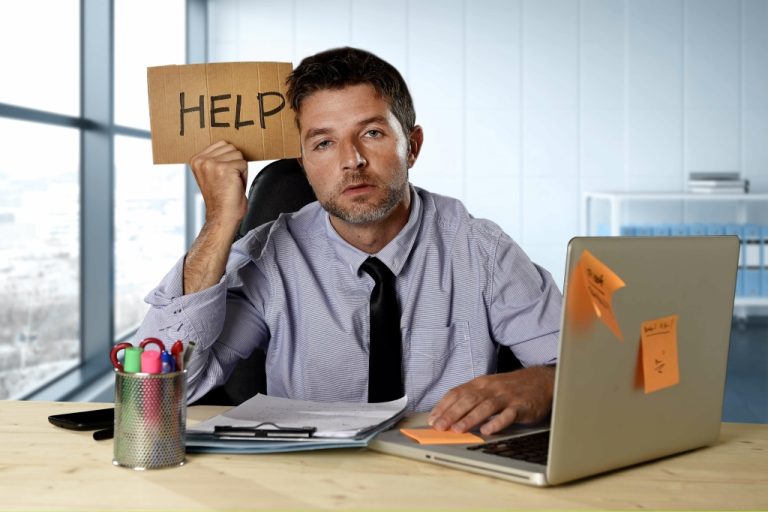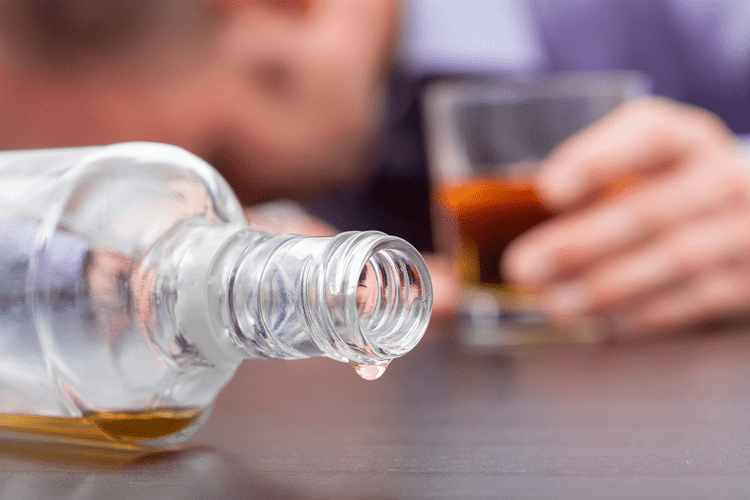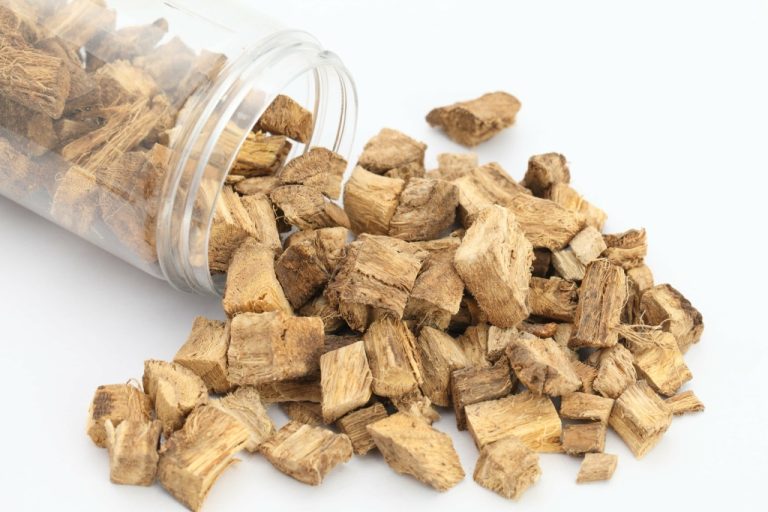A person does alcohol give you anxiety with anxiety or panic disorder may also worsen or trigger anxiety attacks or panic disorder when they drink alcohol. Alcohol is a central nervous system depressant that disrupts your brain’s balance and can affect feelings, thoughts, and actions. It is an anxiolytic, meaning it may relieve anxiety symptoms.2 Although it’s effective, the results are very short-lived.

Identifying the Signs of Co-Occurring Alcohol Use and Anxiety Disorders

Alcohol consumption can exacerbate a preexisting GAD and lead to more anxiety symptoms. For this reason, chronic alcohol use and anxiety are heavily intertwined and should be treated simultaneously. When you experience anxiety, it is scary and interferes with your thoughts and ability to function. When you have anxiety in the future, you remember that alcohol helped calm you down the last time, so you drink again to relieve your symptoms. For many, the link between alcohol and anxiety begins with self-medicating anxiety symptoms, which include an increase in heart rate, racing thoughts, shallow breathing, pacing, and other symptoms that reflect an excited mind and body. A systematized review in non-comorbid conditions (60) supported the evidence that only a few atypical antipsychotics are effective in only a minority of the off-label conditions in which they are currently used, confirming that atypical antipsychotics are not all the same.
Why You Need A Plan For Managing Stress In Sobriety
This is due to its depressant effects on the central nervous system, which can induce feelings of relaxation and reduce inhibitions. However, this relief is often short-lived and can lead to more severe anxiety symptoms once the effects of alcohol wear off. Conversely, the three types of studies highlighted in this section indicate that if an association between alcoholism and anxiety/depressive disorders does exist, it is likely to operate in a relatively small subgroup of alcoholics. Patients with AUD and co-occurring psychiatric disorders bring unique clinical challenges that are related to multiple factors, including the severity of each disorder, the recency and severity of alcohol use, and the patient’s pressing psychosocial stressors.
Mental health disorders that commonly co-occur with AUD
Drinking wine in moderation https://mesej.co/how-to-unwind-after-work-13-tips-to-relax-and-de/ has been linked to several advantageous and disadvantageous health effects, including the ability to reduce stress and the risk of addiction 9. Beer is a prominent beverage in many countries, as it is one of the oldest and most extensively used types of alcohol 8, 9. While social rituals, leisure, and relaxation are frequently linked to its intake, its effects on physical and mental health are varied and multidimensional 10, 11. A contradictory association has frequently been found that in several ways beer intake can affect variables, including anxiety, mood, and social behaviour, according to researchers 7, 12. Spirits are a class of highly alcoholic beverages prized for their strength and variety of cultural meanings.
- First, benzodiazepines can cause behavioral disinhibition, which may make it more difficult for a person to limit their alcohol consumption to an intended amount.
- See the Resources below for an NIAAA tool to help you locate these specialists.
- Sometimes, quitting alcohol rids people of their anxiety, but that’s not always the case.
- All calls generated from California area codes will be answered by Refine Recovery, a paid advertiser.
Serotonergic-Based Medications

Many participants (43.1% altogether) dropped out of the studies before treatment ended. In addition, outcomes that were reported were either not precise, or appeared to be based on the selective reporting of measures that showed an effect of medication. Funding of two of the studies by drug companies may also have led to reporting of results that favoured the medication. Alcohol can interact with medications prescribed for anxiety, reducing their effectiveness and increasing the risk of adverse side alcoholism effects. It’s essential to consult with a healthcare professional before consuming alcohol while taking anxiety medications. When a person engages in alcohol abuse, it involves drinking more than what the Centers for Disease Control (CDC) Dietary Guidelines reports for alcohol.